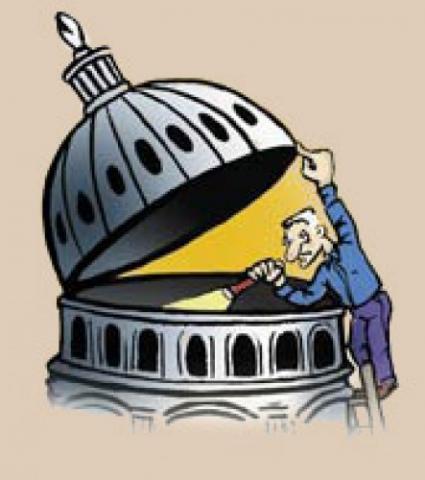The Luddites Are Back Again

What would you say if someone figured out a way to reduce congestion by taking vans off the roads, reduce pollution, increase convenience, and reduce costs while helping the elderly and disabled by delivering groceries and meals to their doors? Maybe a gesture of gratitude or a pat on the back for making life better for more people? No, here in San Francisco in the heart of the tech capital of the world, not only is such technology not being welcomed with open arms—one member of the Board of Supervisors has proposed a total ban on robot deliveries. According to Supervisor Norman Yee, “Our streets and our sidewalks are made for people, not robots. This is consistent with how we operate in the city, where we don’t allow bikes or skateboards on sidewalks.” On the positive side, San Fr

